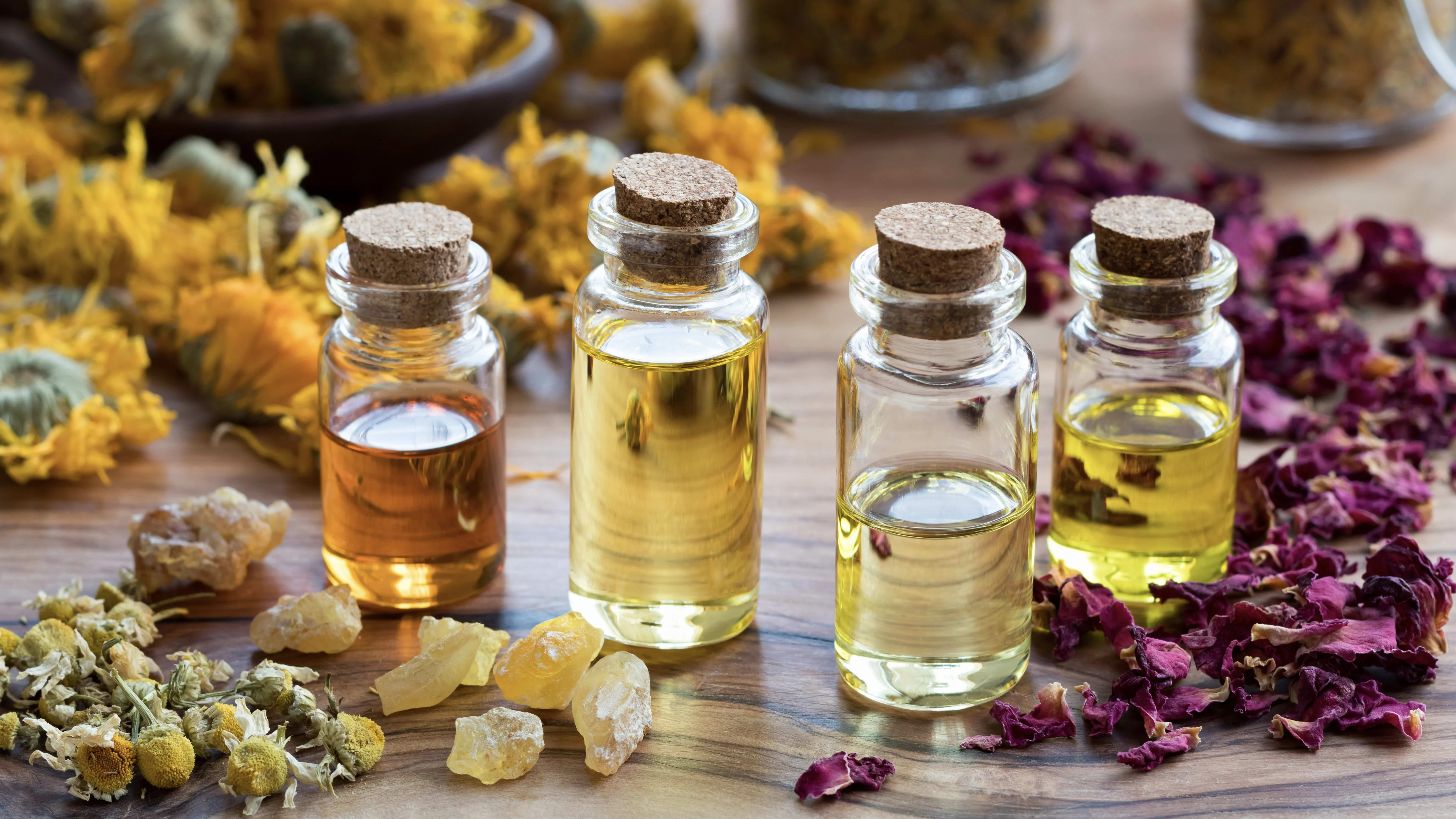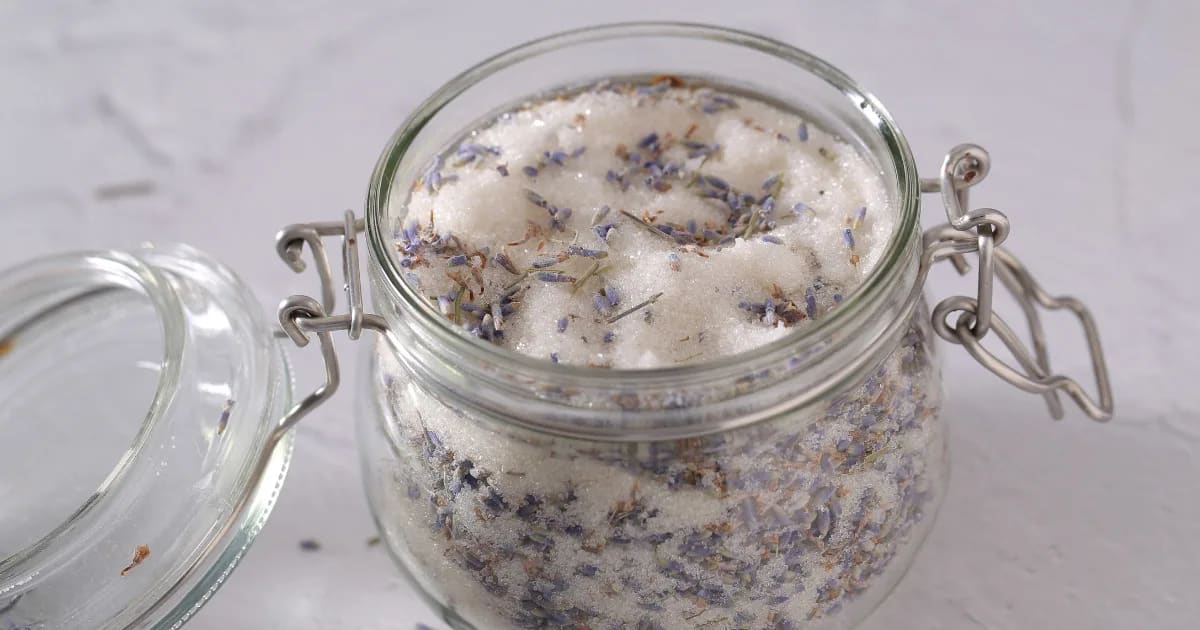Immune-Boosting Essential Oils and Autoimmune Disease: What Aromatherapists Need to Know
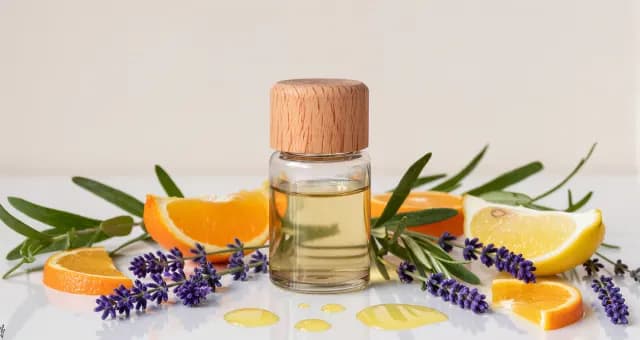
If an essential oil is described as immune-stimulating or immune-boosting, is it safe for someone with an autoimmune condition?
A student asked me this during a recent class, and it gets right to the heart of what it means to practice thoughtful, informed aromatherapy. It’s such an important question and one that invites us to look beyond catchy wellness language and really examine what the immune system does, how essential oils interact with it, and what “immune-boosting” actually means.
Because the truth is, immune-boosting is a phrase we hear everywhere, yet it’s often used loosely and without nuance. And when someone is living with an immune-related condition like rheumatoid arthritis, Hashimoto’s, lupus, or IBD, they deserve more than a simple yes or no. They deserve clarity, context, and science that’s easy to understand.
So let’s break this down, first in plain language, and then with a closer look at the essential oil constituents often labeled as “immune modulating.”
First, let’s talk about what “immune-boosting” really means
The immune system isn’t one thing we can flip on or off. It’s a complex network that includes cells, tissues, signaling chemicals, and more. It’s not as simple as “turning up” immunity or “stimulating” it like a muscle.
So when we hear that an oil is immune-boosting, it might mean:
It increases the activity of certain white blood cells
It shifts the balance of immune-signaling molecules (cytokines)
It lowers chronic inflammation
It supports barrier function in the gut, lungs, or skin
But it doesn’t mean it boosts all parts of the immune system, all the time, and it certainly doesn’t mean it would necessarily worsen an autoimmune condition.
Most of the time, what’s actually happening is something more nuanced: immunomodulation. That’s a term used in research to describe adjusting immune function, not just ramping it up. And that’s where things get interesting.
Let’s look at some of the key essential oil constituents often labeled “immune-boosting”
Each of these has been studied (mostly in lab or animal models), and what they tend to show isn’t so much “stimulation” as regulation in calming excessive inflammation or shifting how immune cells behave.
d-Limonene
Citrus oils like orange, lemon, grapefruit
Reduces inflammatory cytokines
Shows antioxidant effects in conditions like colitis
Supports immune balance rather than raw stimulation
One of the earlier studies that explored this was published in 2005, where researchers found that d-limonene altered immune activity in mice, particularly in T-cells and cytokine expression. This helped lay the groundwork for understanding citrus oils not as immune "boosters," but as agents that help the immune system regulate its own balance (Del Toro-Arreola et al., 2005).
β-Caryophyllene
balsam copaiba, black pepper, clove
Activates the CB2 receptor in immune cells (anti-inflammatory pathway)
In autoimmune models (like MS), it reduced disease severity
Acts more like a modulator than a stimulator
β-Caryophyllene, found in oils like copaiba, clove, and black pepper, is especially unique. It acts on the CB2 receptor, part of the body’s endocannabinoid system, primarily located in immune cells.
According to a 2021 review in Frontiers in Pharmacology, β-caryophyllene shows significant immunomodulatory and anti-inflammatory activity, helping to reduce inflammatory cytokines and protect tissues in models of autoimmune and chronic inflammatory disease (Jha et al., 2021).
In a 2017 study using an animal model of multiple sclerosis (EAE), β-caryophyllene significantly reduced disease severity and inflammatory activity. It helped shift T-cell responses and cytokine production toward a more balanced, less reactive state (Fontes et al., 2017).
This is a great example of an essential oil constituent often labeled “immune-stimulating” actually working to calm an overactive immune response in an autoimmune setting.
Terpinen-4-ol
tea Tree, sweet marjoram, plai
Lowers inflammatory markers in arthritis and gut inflammation studies
Helps support gut lining integrity (important in autoimmune balance)
In a 2017 study using a mouse model of colitis (a chronic inflammatory bowel disease), terpinen-4-ol significantly reduced key inflammatory cytokines and helped inhibit two major inflammatory pathways: NF-κB and the NLRP3 inflammasome (Zhang et al., 2017).
It also supported the integrity of the gut lining, a helpful reminder that essential oils can contribute to immune regulation not only systemically, but by supporting physical barriers in the body.
Linalool & Linalyl Acetate
lavender, bergamot, neroli, and others
Reduces tissue inflammation
Helps calm the nervous system (which supports immune function indirectly)
In a 2002 study, researchers tested linalool and linalyl acetate, two of the major constituents in lavender essential oil. They found that both compounds reduced tissue swelling and lowered the number of inflammatory cells in affected areas (Peana et al., 2002).
These findings highlight how lavender and related oils offer more than just emotional support as they also contribute to physical anti-inflammatory and immune-soothing effects, making them especially valuable in chronic health conditions.
Cinnamaldehyde
cinnamon bark or leaf
Reduces inflammatory cytokines in studies
Needs cautious use because it’s a “hot” oil—not because of immune stimulation per se
Cinnamaldehyde, the major constituent in cinnamon bark oil, is often considered intense or irritating, and it definitely requires careful dilution.
But from an immune standpoint, studies suggest it has potent anti-inflammatory properties. One 2018 study found it reduced major pro-inflammatory cytokines like TNF-α, IL-1β, and IL-6 in rats, while also suppressing NF-κB activation, a key pathway in immune overactivity (Zhao et al., 2018).
Others like patchoulol, carvone, α-phellandrene, and sclareol are less studied individually, but as a group, many monoterpenes and sesquiterpenes show anti-inflammatory and regulatory effects.
So… are these safe for people with autoimmune disease?
Here’s the honest, nuanced answer:
We don’t have clinical trials showing harm
There is no strong evidence that using these essential oils in typical aromatherapy ways (like inhalation or properly diluted topical use) worsens autoimmune conditions.
Many of these constituents are more balancing than stimulating
Older texts may label them “immunostimulant,” but modern research often shows anti-inflammatory and modulating actions.
Every autoimmune condition is different
What supports someone with MS might not be right for someone with lupus. It’s not a one-size-fits-all situation.
Route and dose matter
This is a big one. Most research uses large oral or injected doses, often in animal models. But in aromatherapy, we’re working with:
Inhalation through diffusers or personal inhalers
Topical application at low dilution (typically 0.5%–2%)
Occasional, intentional use and not daily megadoses
These routes are much gentler. Constituents are absorbed differently, and the outcomes, especially on the immune system, can be very different than those with high-concentration ingestion or injection. A few drops in a diffuser is not the same as a 100 mg/kg oral dose in a rodent model.
And for those navigating life-changing health issues, this becomes even more important. Gentle, consistent use with lower dilutions is often more effective than stronger or more frequent applications. High dilution doesn’t always mean more benefit, and it can mean more burden on an already sensitive system.
Mainstream experts recommend thoughtful use, not fear
A 2018 review of 30 lab-based studies found that essential oils and their major compounds may be helpful in addressing chronic inflammation, something that underlies many autoimmune and degenerative conditions.
As the researchers put it:
“If the resolution of inflammation is not adequate or the stimulus persists, there will be progression from acute inflammation to chronic inflammation, leading to the development of cancer and neurodegenerative and autoimmune diseases.”
— de Lavor et al., 2018
This is why we focus so much in aromatherapy on balancing and calming the immune system, not pushing it harder.
The same review concluded:
“The studies listed revealed a potential activity of essential oils and their compounds for the treatment of inflammatory diseases, especially in chronic inflammatory conditions.”
In other words, essential oils aren’t just showing short-term benefits in petri dishes. Many are demonstrating real potential to gently support the body in long-term, inflammatory conditions, like the kinds we see in autoimmune illness.
The researchers also explained how this works:
“The main mechanism involved appears to be the reduction of reactive oxygen and nitrogen species, associated with an elevation of antioxidant enzymes, as well as the reduction of the nuclear factor kappa B (NF-κB), reducing the expression of proinflammatory cytokines.”
To put that more simply: many essential oils help the body by reducing oxidative stress (which drives chronic inflammation), and by lowering the production of chemicals that make inflammation worse.
These are gentle, regulating actions, not a blanket immune “boost.”
Guidelines for thoughtful, safe use
Favor low and slow
Inhalation and low-dilution topical use (0.5%–2%) are generally well tolerated.
These approaches are gentler and support issues like sleep, stress regulation, and inflammation management.
Focus on what we know supports balance
Sleep support
Nervous system regulation (especially stress and anxiety)
Gut and skin barrier health
Reducing pain and inflammation gently
Always personalize
Encourage clients and students to:
Start with one oil at a time
Use low dilutions
Track how they feel over a couple of weeks
Stop or adjust if anything feels off
⚠️ Be more cautious with:
Internal use (especially unsupervised)
High doses of “hot” oils (oregano, cinnamon bark, thyme ct. thymol)
Clients on immunosuppressive medications or in flare-up phases
A Note for Those on Immunosuppressive Therapy
If someone is taking immunosuppressive medication, such as corticosteroids, biologics, or other immune-modulating drugs, it’s especially important to approach essential oils with care and clarity.
Key considerations:
Avoid oils with strong systemic effects internally (such as oregano, cinnamon bark, thyme ct. thymol, clove) unless under practitioner guidance. These are more likely to interact with medication or cause irritation at high doses.
Use gentle routes like inhalation and low-concentration topical blends. These tend to work more through nervous system regulation, not systemic immune stimulation.
Focus on emotional regulation, sleep, and stress support. These are powerful indirect ways to support immune balance without interfering with medications.
Watch for changes, and if symptoms flare, if energy shifts dramatically, or if there's increased sensitivity, that may be a cue to pause or adjust.
Aromatherapy in this context is about listening carefully, working in partnership with other therapies, and supporting overall resilience.
A personal note on healing, balance, and being gentle with ourselves
Hashimoto’s and other autoimmune diseases are on the rise. And while science continues to explore the “why,” what we know is this: the immune system doesn’t operate in a vacuum. It is deeply affected by our daily rhythms, stress levels, sleep, nourishment, and yes, even our thoughts and emotions.
Chronic stress, fear, and worry can all contribute to immune dysregulation. That’s why in this work, the emotional and energetic aspects matter just as much as the chemistry.
Used thoughtfully, essential oils offer support for nervous system regulation, emotional ease, and the body’s own ability to return to balance.
This is where aromatherapy really shines, not in trying to “fix” immune dysfunction, but in gently encouraging the whole system (body, mind, and spirit) toward feeling its best.
“Most ‘immune-boosting’ essential oils actually help modulate immune responses, and when used thoughtfully at aromatherapy doses, they appear more likely to support balance than cause harm in autoimmune conditions.”
Aromatherapy in Practice: Creating a Calming Environment
When we are managing chronic inflammation, navigating autoimmune conditions, or simply feeling the heaviness of life’s demands, what we often need is not more stimulation, but a sense of steadiness. A peaceful environment gently reminds the body that it is safe, supported, and allowed to soften.
The atmosphere we create around us is deeply influential. Our nervous system responds to more than just what we apply to the skin. It reacts to light, sound, rhythm, and especially scent. When the air around us feels calm and grounded, it becomes easier for the body to shift out of defense and into regulation.
Aromatherapy offers us a subtle and beautiful way to create this kind of environment. The right essential oil blend can help bring quiet to the mind, soften emotional tension, and offer aromatic support for the immune system, all while fostering a sense of emotional and physical ease.
This is a simple diffuser blend you can use to create that kind of space. It’s one you might return to often, especially when the goal is to settle, recalibrate, and remind yourself that healing can happen in the presence of calm.
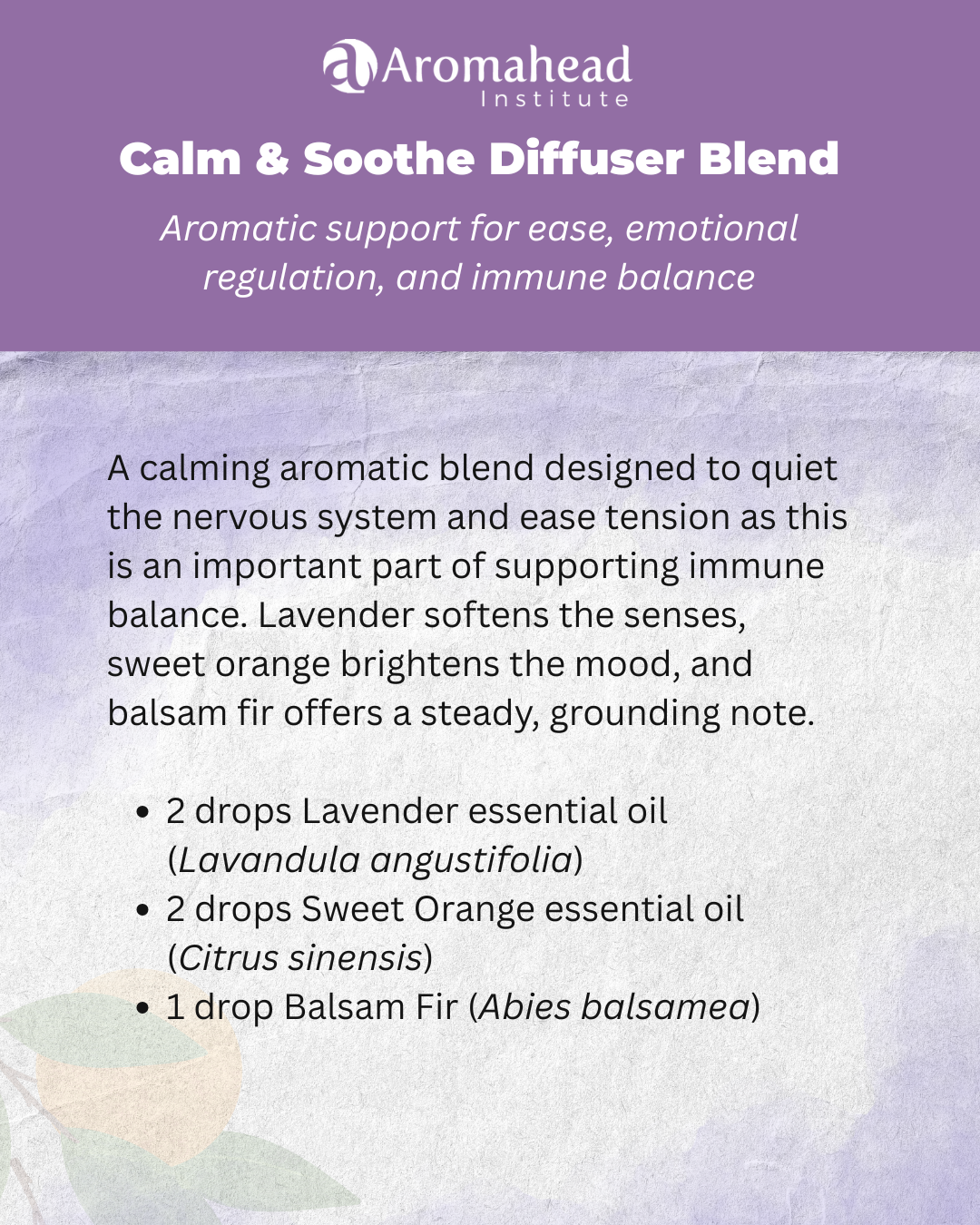
Calm & Soothe Diffuser Blend
Aromatic support for ease, emotional regulation, and immune balance
2 drops Lavender essential oil (Lavandula angustifolia)
2 drops Sweet Orange essential oil (Citrus sinensis)
1 drop Balsam Fir (Abies balsamea)
Add to a diffuser filled with fresh water according to the manufacturer’s instructions. Settle in nearby, breathe gently, and let the aroma do what it does best by inviting your body and mind back into balance.
My Take Away
If you or someone you love is living with an autoimmune condition, know this: your body isn’t broken. It’s communicating. It’s responding to something. And often, what it needs most isn’t more stimulation but more ease, safety, and support.
Essential oils can offer that kind of support when thoughtfully used. A few drops in the diffuser. A calming blend on the skin. A deep breath in the middle of a stressful day.
These small acts matter. They remind the body it’s not under siege. They help the nervous system settle. And in that settling, the immune system can often find its way back to balance.
So rather than ask, “Will this oil boost my immunity?” Maybe the better question is, “Will this oil help my body feel supported, calm, and connected to its own balance?”
That’s the kind of immune support we can truly work with.
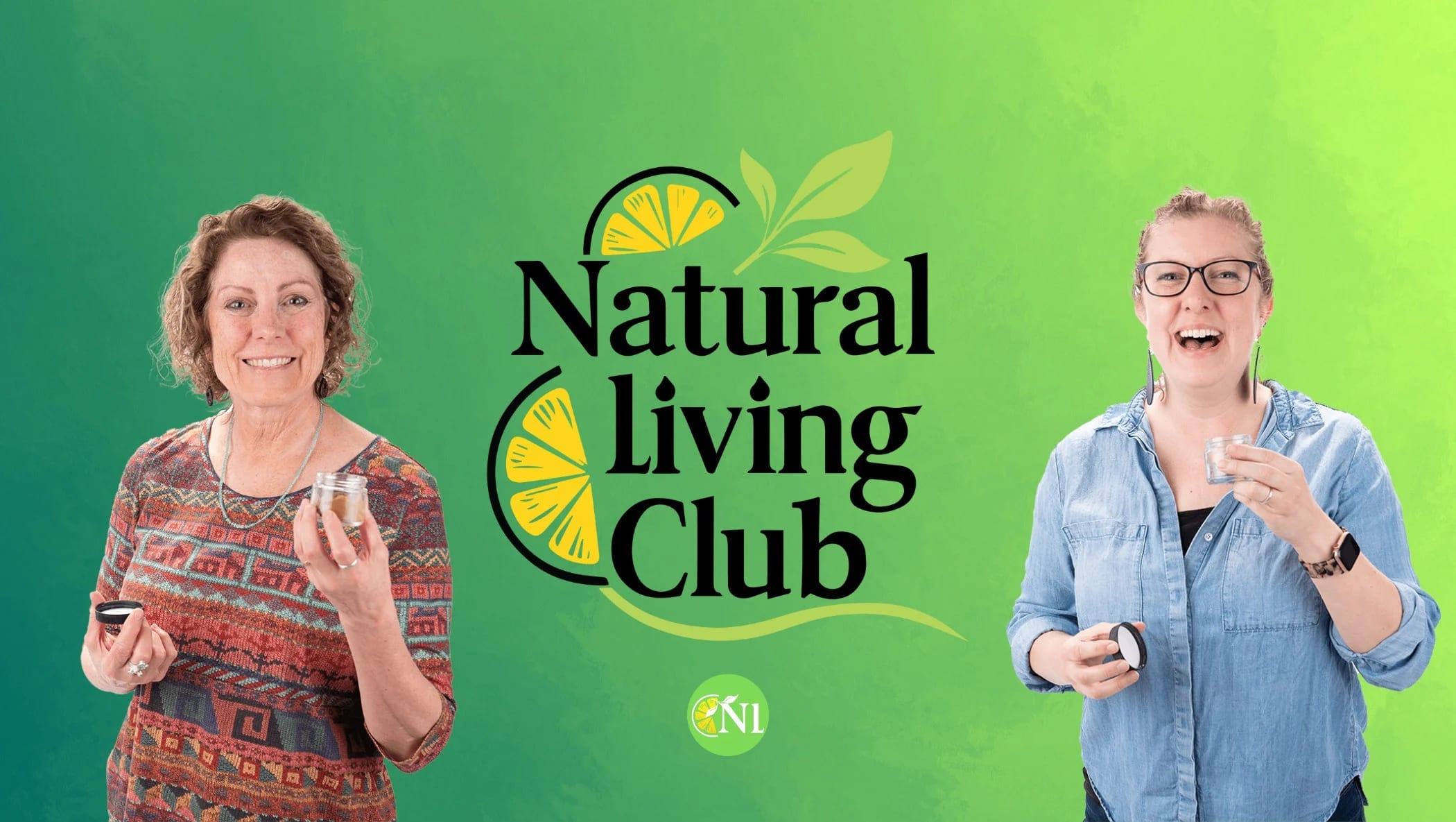
References
Haq, I., Zafar, M., Mohammad, I. S., Gul, H., Yaqoob, U., & Bahadur, S. (2020). Immunomodulatory Activities of Selected Essential Oils. Biomolecules, 10(8), 1139. https://doi.org/10.3390/biom10081139
de Lavor, É. M., Fernandes, A. W. C., de Andrade, T. S., de Oliveira, A. P., Ferreira, R. M. A., de Oliveira, R. G., Thomé, R. G., Rolim, L. A., Almeida, J. R. G. S., & de Sousa, D. P. (2018). Essential oils and their major compounds in the treatment of chronic inflammation: A review of antioxidant potential in preclinical studies and molecular mechanisms. Oxidative Medicine and Cellular Longevity, 2018, 6468593. https://doi.org/10.1155/2018/6468593
Cavalcante Fernandes, A. W., Teles, A., Barbosa Pereira Leal, A. E., Júnior, O., Silva, J. C., Araújo, M. F., Melo Coutinho, H. D., Picot, L., & Almeida, S. (2018). Essential Oils and Their Major Compounds in the Treatment of Chronic Inflammation: A Review of Antioxidant Potential in Preclinical Studies and Molecular Mechanisms. Oxidative Medicine and Cellular Longevity, 2018(1), 6468593. https://doi.org/10.1155/2018/6468593
Del Toro-Arreola, S., et al. (2005). Effect of d-limonene on immune response in BALB/c mice. Life Sciences.
Jha, N. K., et al. (2021). β-Caryophyllene, a natural dietary CB2 receptor agonist with immunomodulatory and organ-protective effects. Frontiers in Pharmacology.
Fontes, L. B. A., et al. (2017). β-Caryophyllene ameliorates the development of experimental autoimmune encephalomyelitis in C57BL/6 mice. Biomedicine & Pharmacotherapy.
Zhang, Z., et al. (2017). Terpinen-4-ol decreases pro-inflammatory cytokines and inhibits NF-κB and NLRP3 inflammasome activation in DSS-induced colitis. Biological & Pharmaceutical Bulletin.
Peana, A. T., et al. (2002). Anti-inflammatory activity of linalool and linalyl acetate constituents of essential oils. Phytomedicine.
Zhao, X., et al. (2018). Cinnamaldehyde inhibits inflammatory response in LPS-stimulated rats. Molecules.



